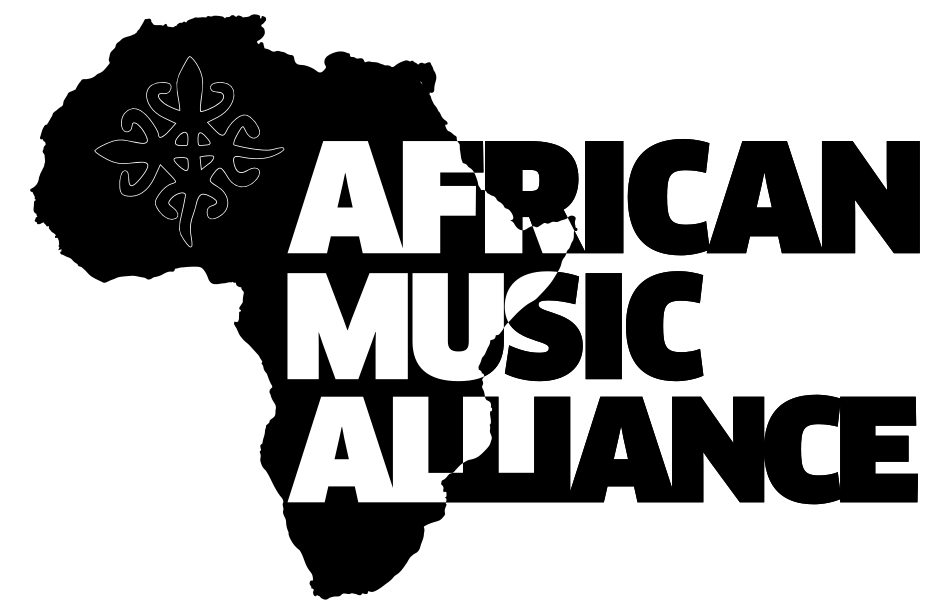In a recent and powerful statement, Eric Corton described the Netherlands as a “deeply racist country,” sparking intense national debate. While his comments have been met with backlash from media and celebrities attempting to downplay his claims, they reflect a painful reality. The evidence supporting his statement runs deep, exposing a decades-long pattern of systemic racism perpetuated by the Dutch and Belgian media, public figures, and cultural traditions. This piece delves into the incidents that validate Corton’s critique and calls for immediate action to end the normalization of hate and stereotypes.
Shared Histories of Racism: The Netherlands and Belgium
Colonial Exploitation and Apartheid Support
Both the Netherlands and Belgium have deep historical ties to systemic racism through colonial exploitation and their roles in the global slave trade. Belgium’s atrocities under King Leopold II in the Congo led to the deaths of millions, with his legacy still glorified in some parts of the country. The Netherlands played a significant role in the transatlantic slave trade and later supported apartheid in South Africa. These histories have laid the foundation for modern systemic racism in both countries, with traditions and media reinforcing these ideologies.
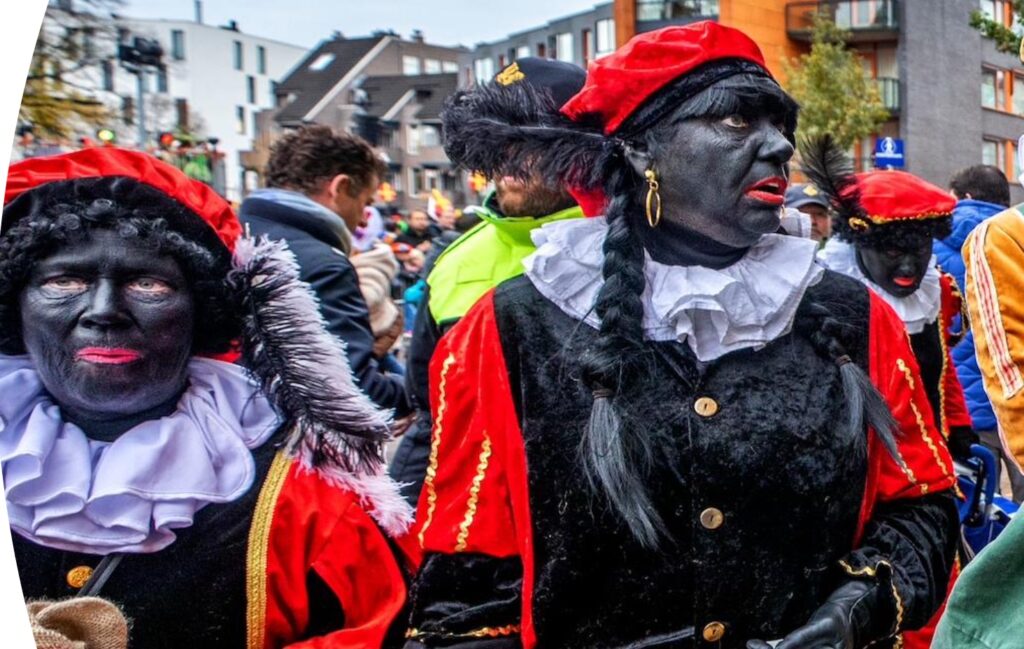
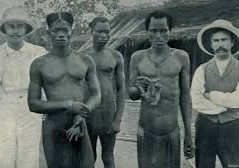
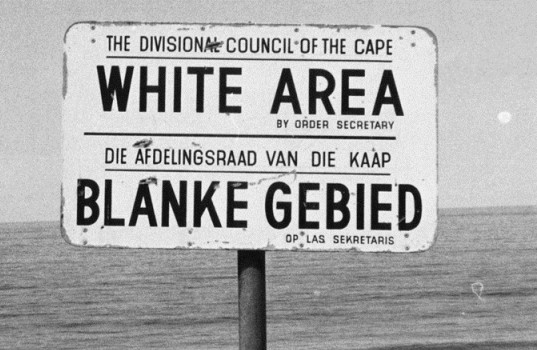
The Media Machine’s Role in Normalizing Racism
The Dutch and Belgian media machines have perpetuated systemic racism by normalizing harmful narratives through TV, radio, print, and live events. These platforms have broadcast offensive content under the guise of humor or tradition, shaping societal views on race and fostering a lack of respect for Black people and people of color. Despite Black culture’s enormous influence in music, sports, and fashion, the local gatekeepers of these industries systematically exclude Black professionals and people of color from leadership roles. This exclusion ensures that harmful narratives continue unchecked, as those who could challenge these views are kept out of decision-making positions.
The Enormous Influence of Black Culture and Cultural Appropriation for Profit
Black culture is a dominant force in the Netherlands and Belgium. From music genres like hip-hop and R&B topping the charts to streetwear inspired by Black aesthetics, and Street slang created by Black people has been normalized and widely adopted in everyday conversations by white people, while the very people and culture who created it are condemned as unintelligent, lazy, and not to be taken seriously.
This narrative is perpetuated by mass media and news outlets through their negative portrayal and marketing of Black people and people of color to the masses., while their cultural contributions are celebrated and commercialized by and only for the system.
In sports, Black athletes are national heroes, yet they face routine racism from fans and media alike. Despite this widespread cultural influence, Black creators and leaders are often excluded from meaningful roles in these industries. This systemic gatekeeping ensures that the media continues to profit from Black culture while perpetuating harmful stereotypes.
In simple terms, Black culture in the Netherlands and Belgium is, and has always been, appropriated for the advancement of white artists and executives, who maintain control over its narrative and business. While since 2018 and the rise of DEI, Black people have appeared on billboards and in TV commercials, this serves as smoke and mirrors, creating the illusion of representation. Behind this facade lies a system that hides behind the tokenism of women and LGBTQIA+ communities in leadership roles as a liberal guise of diversity and inclusion, all while systematically excluding Black people and people of color from positions of influence and power. This is not an oversight but a deliberate design.
Patterns of Racism Dismissed as “Jokes”
One of the most troubling aspects of systemic racism in both nations is how often racist behavior is dismissed as humor or trivialized with phrases like, “You can’t say anything anymore.” The cases of Giel Beelen, Gordon, Johan Derksen, Eva Hoeke, and Paul de Leeuw exemplify this trend:
A Necessary Conversation
Corton’s statement is not a condemnation of the Dutch or Belgian people as a whole but rather a call to address the entrenched systems that perpetuate racism. The backlash he’s faced—from prominent celebrities dismissing his claims to columnists threatening legal action—illustrates the very mechanisms of systemic racism he sought to highlight. These responses are emblematic of a media environment in both nations that often works to protect the status quo, crafting a narrative of inclusivity while sidelining voices that challenge it.
The evidence supporting his statement runs deep, exposing a decades-long pattern of systemic racism perpetuated by the Dutch media, public figures, and cultural traditions. This piece delves into the incidents that validate Corton’s critique and calls for immediate action to end the normalization of hate and stereotypes.
The Media Machine’s Role in Normalizing Racism
The Dutch media machine has played a central role in embedding racism into the cultural psyche of the Netherlands. For decades, radio, television, print, and live events have broadcast offensive content disguised as humor or tradition. This programming has normalized racist ideals, shaping how generations view Black people and people of color. The result? A society programmed to see such behavior as acceptable or even cultural, fostering a lack of respect for diversity and inclusion.
Key Incidents Proving Eric Corton’s Statement
1. Giel Beelen’s Monkey Noises About Sylvana Simons (2016)
- Role: Giel Beelen, Dutch radio DJ.
- What Happened: Beelen mocked Sylvana Simons, a Black politician and activist, by making monkey noises during his radio show.
- Response: While Beelen apologized, he faced no significant career consequences and continued his lucrative career.
- Impact: This incident trivialized racism and dehumanized Simons.
- Source: Watch here
Even in a moment designed to celebrate Black excellence at the MOBO (Music of Black Origin) Awards, Giel Beelen felt safe and privileged enough to degrade and insult Black people by appearing in blackface. This blatant act of racism highlights how deeply systemic prejudice is ingrained in Dutch culture, where such behavior is not only normalized but emboldened, even on international stages meant to honor Black achievement.
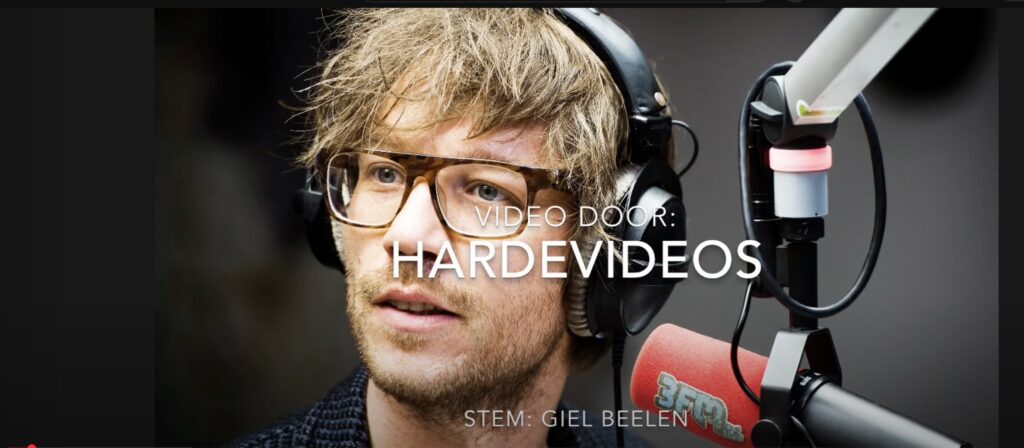
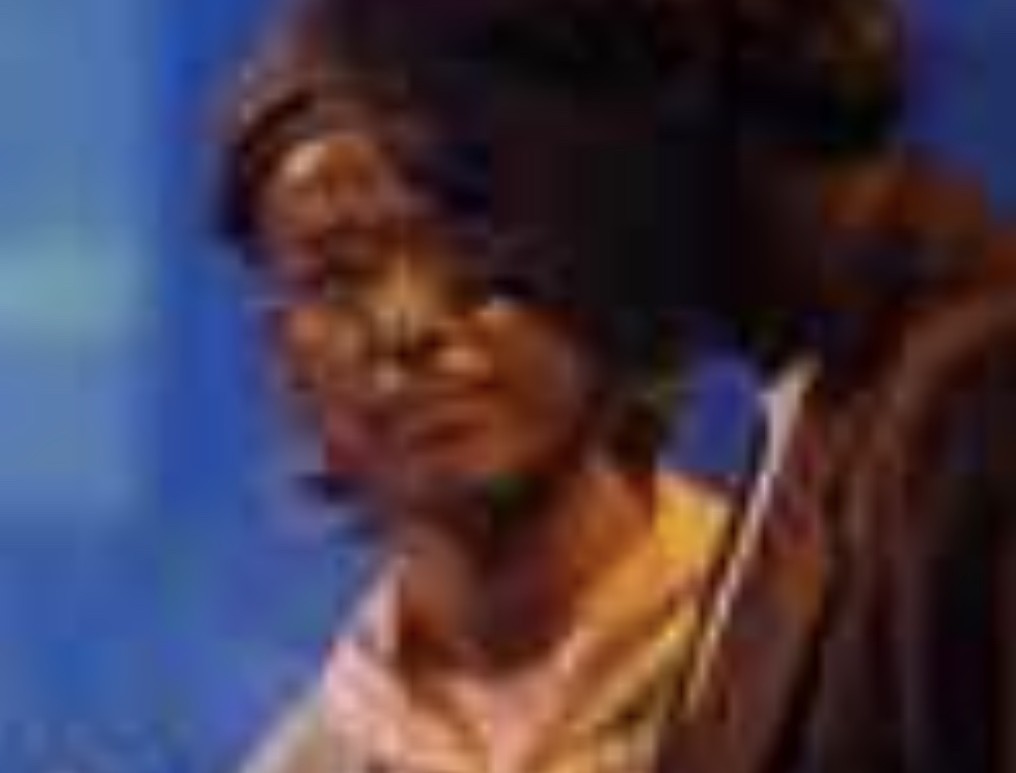
2. Gordon’s Racist Remarks on Holland’s Got Talent (2013)
- Role: Gordon Heuckeroth, Dutch singer and TV personality.
- What Happened: Gordon mocked a Chinese contestant, Xiao Wang, with overtly racist comments such as “Number 39 with rice.”
- Response: Despite global backlash, Gordon dismissed the incident as humor and retained his high-profile roles.
- Impact: Reinforced racial stereotypes and normalized public ridicule.
- Source: Watch here
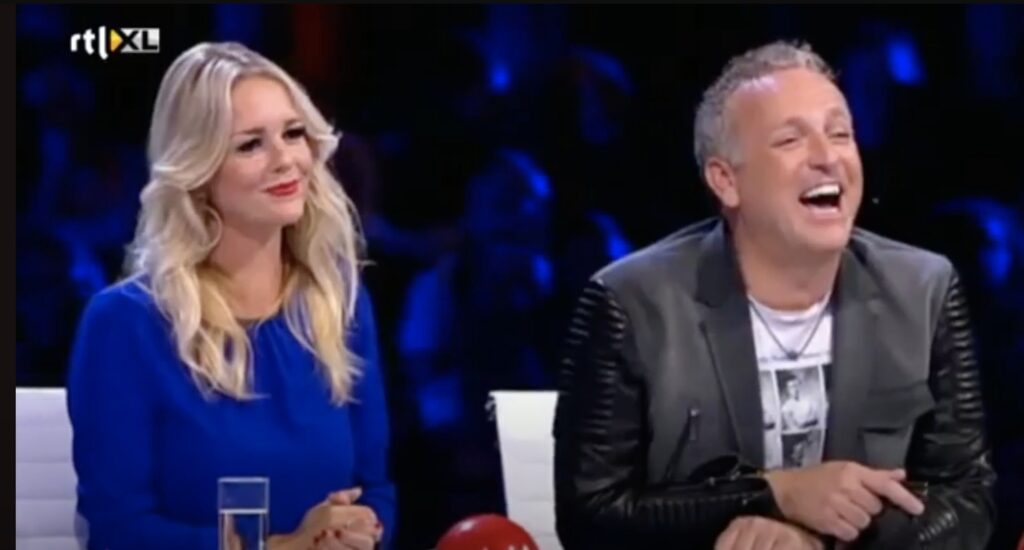
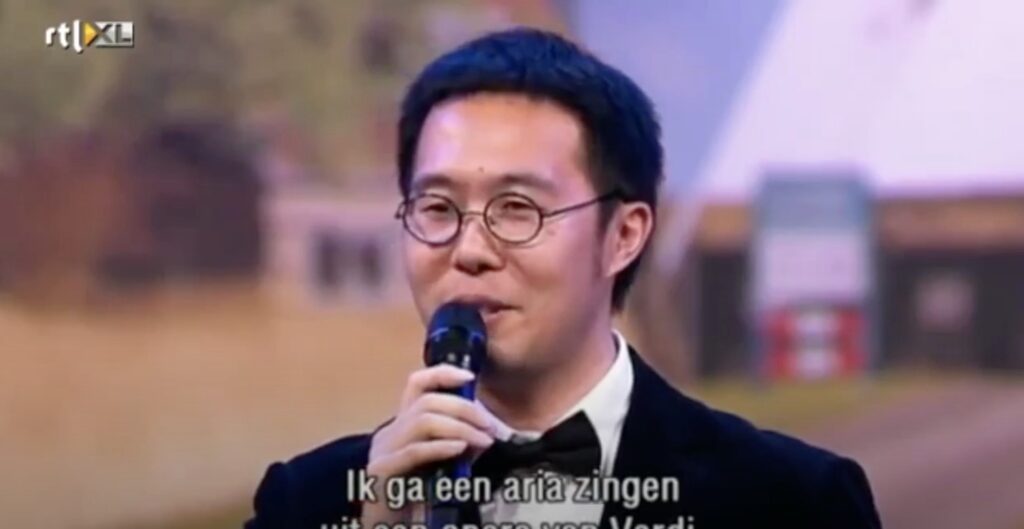
3. Johan Derksen’s Insensitive Comments (2020)
- Role: Johan Derksen, football analyst and media personality.
- What Happened: Derksen compared a Black Lives Matter protester to Zwarte Piet, defending his remarks as free speech.
- Response: Despite public outrage, Derksen kept his platform and faced no professional repercussions.
- Impact: Exemplified how systemic racism is excused under the guise of personal opinion.
- Source: Watch here
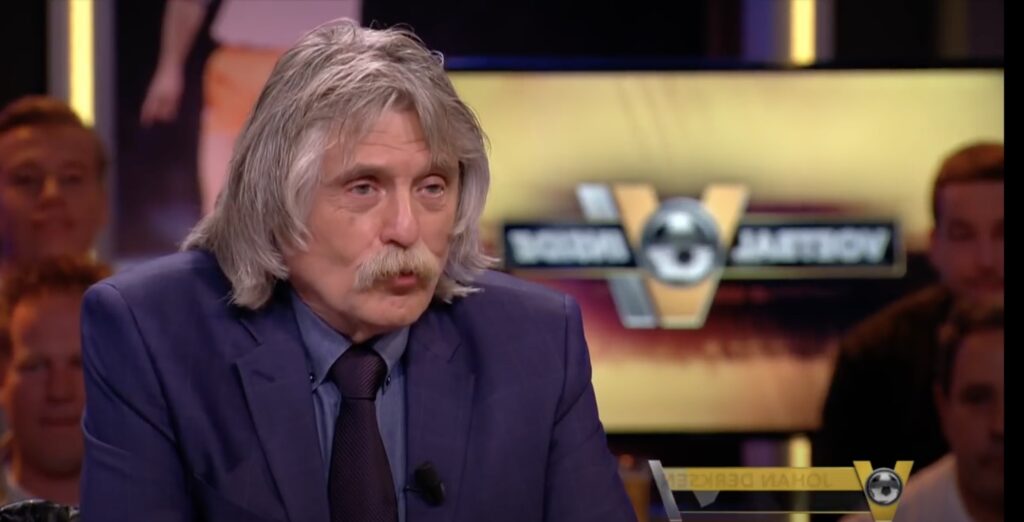
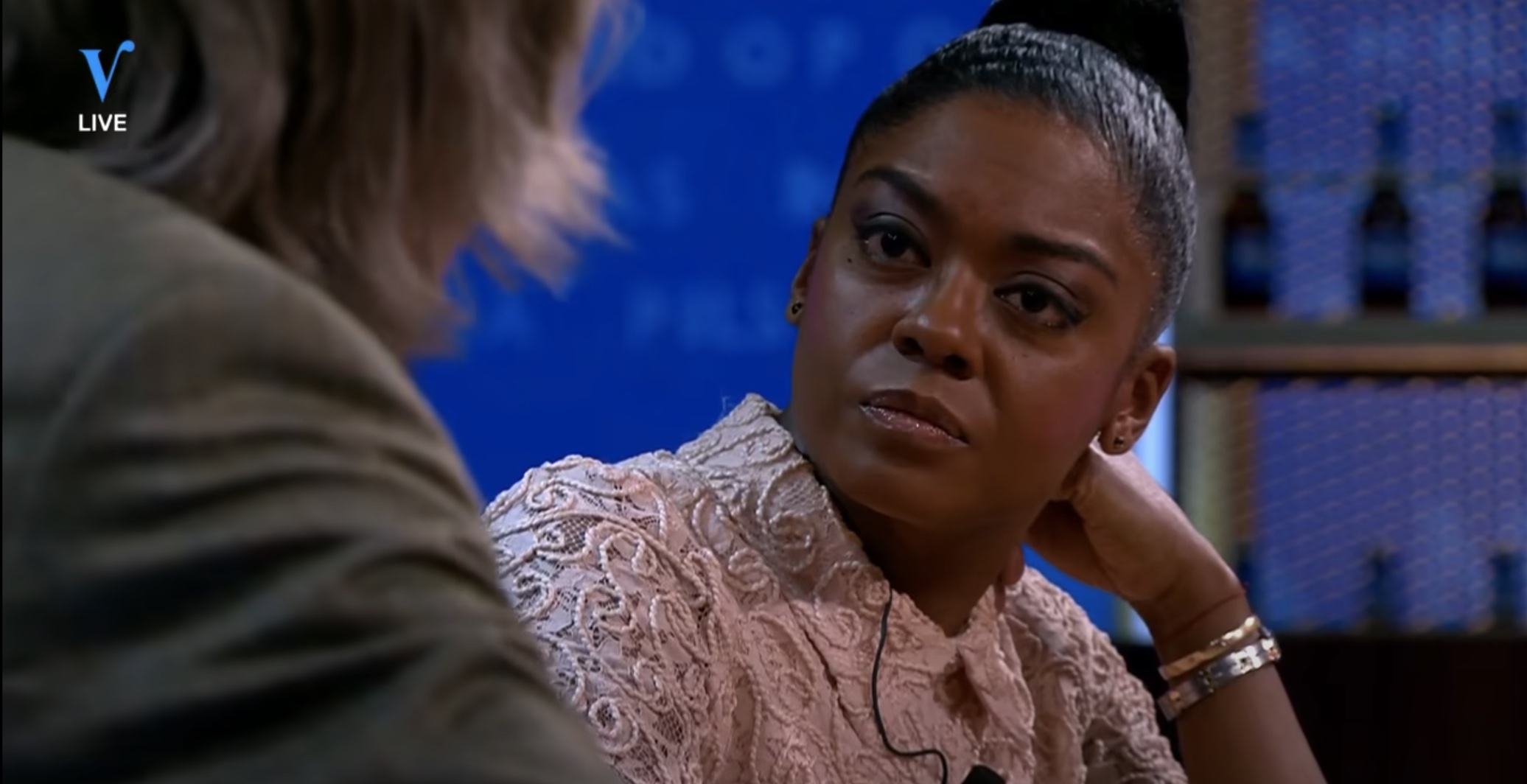
4. Paul de Leeuw’s Blackface and Controversial Behavior (1990s)
- Role: Paul de Leeuw, Dutch comedian and TV host.
- What Happened:
- De Leeuw dismissed the Spice Girls’ objections to Zwarte Piet during an interview, telling them not to “spoil it for the kids.”
- He was involved in highly controversial behavior with a minor on national television, which drew international condemnation.
- Response: Despite these actions, De Leeuw’s career thrived for 30 years, and he faced no significant consequences.
- Impact: Highlighted systemic indifference to both racism and inappropriate behavior.
- Sources:
Paul de Leeuw was allowed to go on to adopt a Black child and make millions, actions permitted by the racist gatekeepers who have pushed an agenda of hate and division for over three decades. These same gatekeepers operate under the guise of liberalism while perpetuating systemic racism. Notably, the broadcaster responsible for enabling de Leeuw’s career also owns and controls the country’s largest urban radio station, FUNX. Despite the NPO claiming to represent “the people,” they openly promoted blackface for over 30 years, dedicating an entire month annually to this offensive tradition—until international media began exposing the hypocrisy of the Netherlands and the façade of its liberal image.
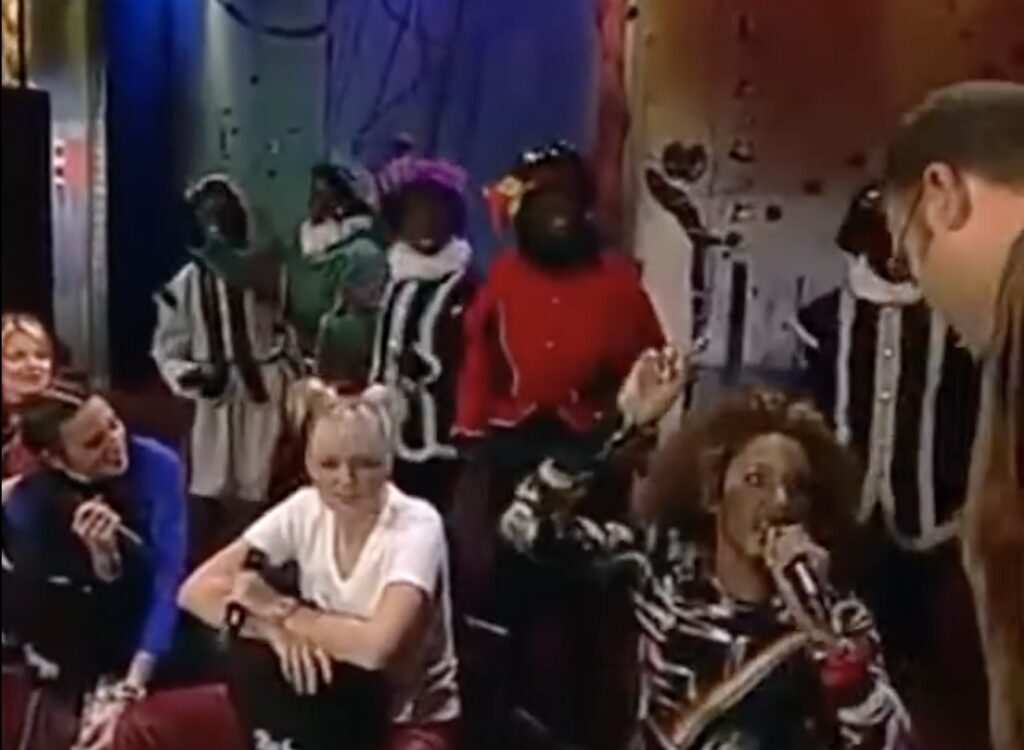

5. Mark Rutte’s Defense of Zwarte Piet (2013)
- Role: Mark Rutte, Prime Minister of the Netherlands.
- What Happened: Rutte defended Zwarte Piet, stating, “Black Pete is just black, and I can’t change that,” dismissing concerns about the tradition’s racist implications.
- Response: While Rutte later moderated his public stance due to global presure , his comments reinforced harmful narratives.
- Impact: Showcased how cultural traditions are weaponized to defend racism.
- Sources:
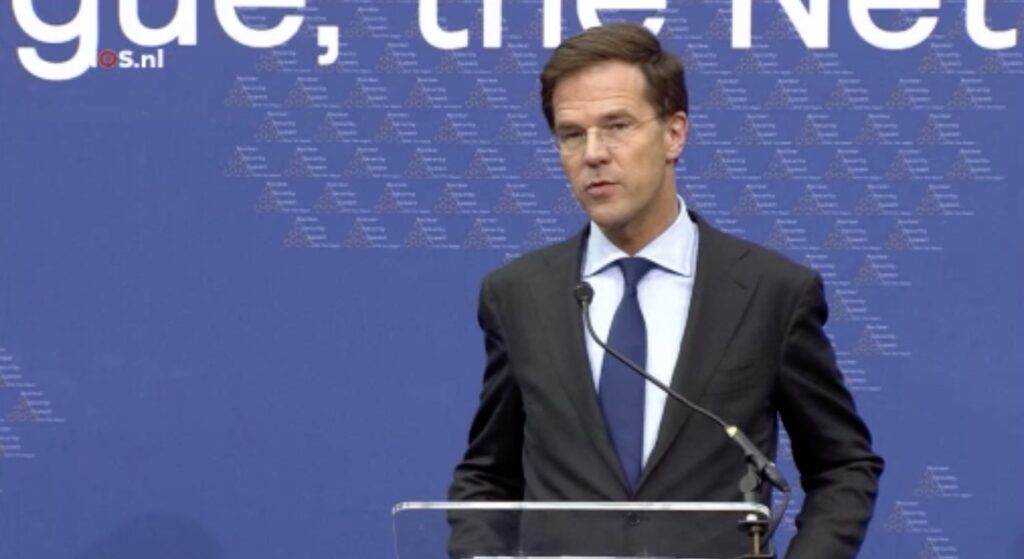
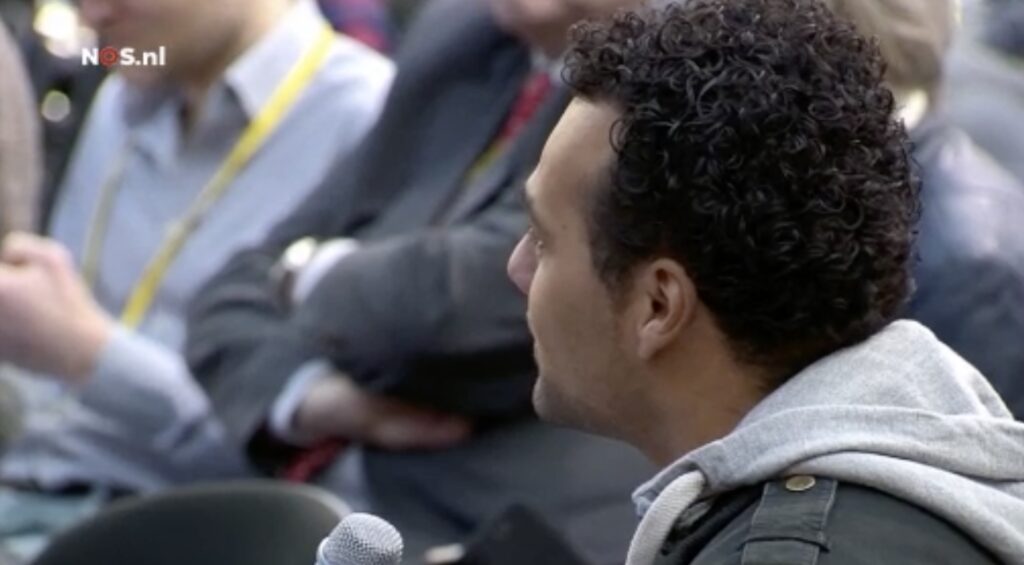
6. Racism in Dutch Football (1991-Present)
- What Happened:
- 1991: Bananas were thrown at Black player Brian Roy.
- 2000s: Black players faced monkey chants and racial slurs.
- 2019: Ahmad Mendes Moreira endured monkey chants, leading to a temporary match halt.
- Response: Despite campaigns like “Racisme? Dan spelen we niet” (Racism? Then we won’t play), systemic issues persist.
- Impact: Highlighted the normalization of racism in sports.
- Source: Watch compilation
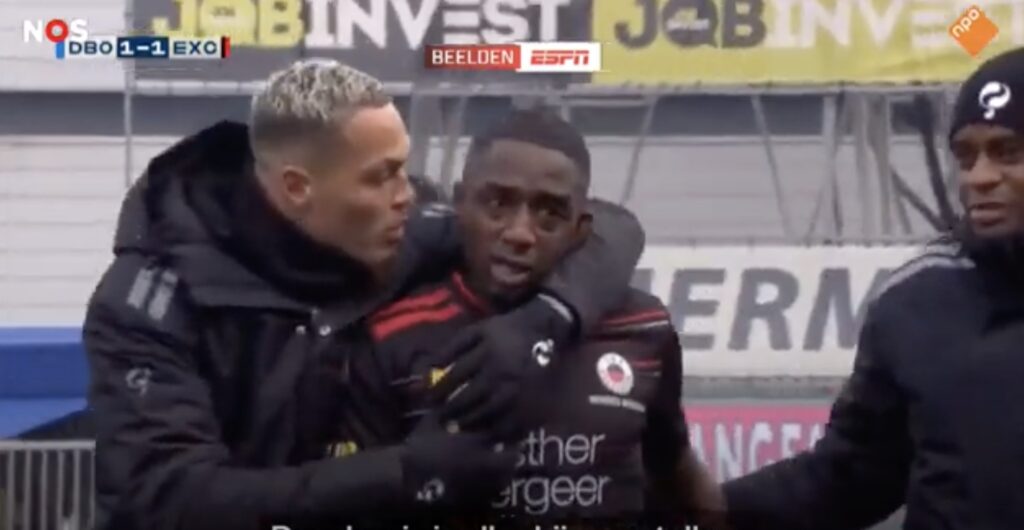
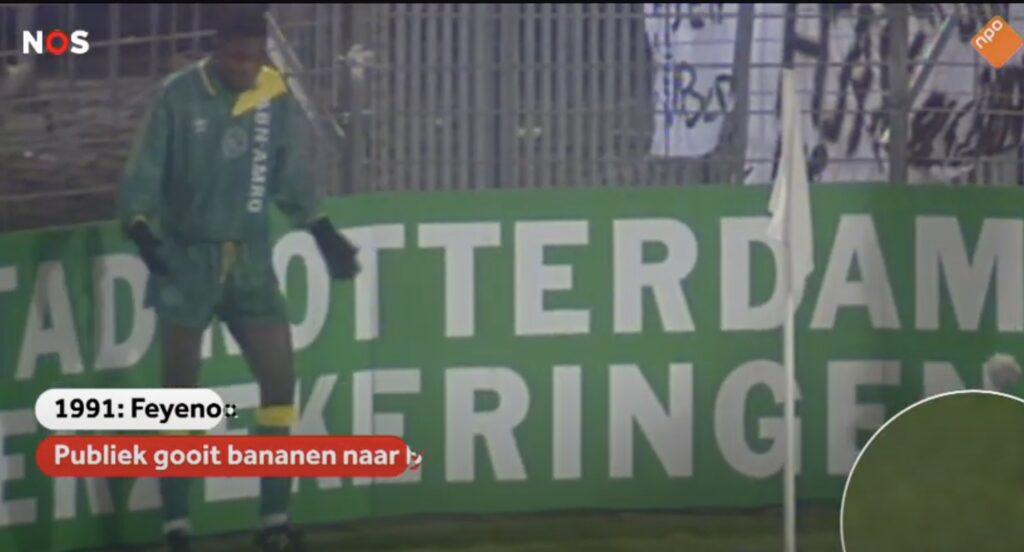
7. Eva Hoeke and the Rihanna Incident (2011)
- Role: Eva Hoeke, former editor of Jackie Magazine.
- What Happened: The magazine referred to Rihanna as a “N—a B—h.”
- Response: Hoeke resigned after backlash but was quickly rehired elsewhere.
- Impact: Highlighted the media’s protectionism culture.
- Source: Guardian article
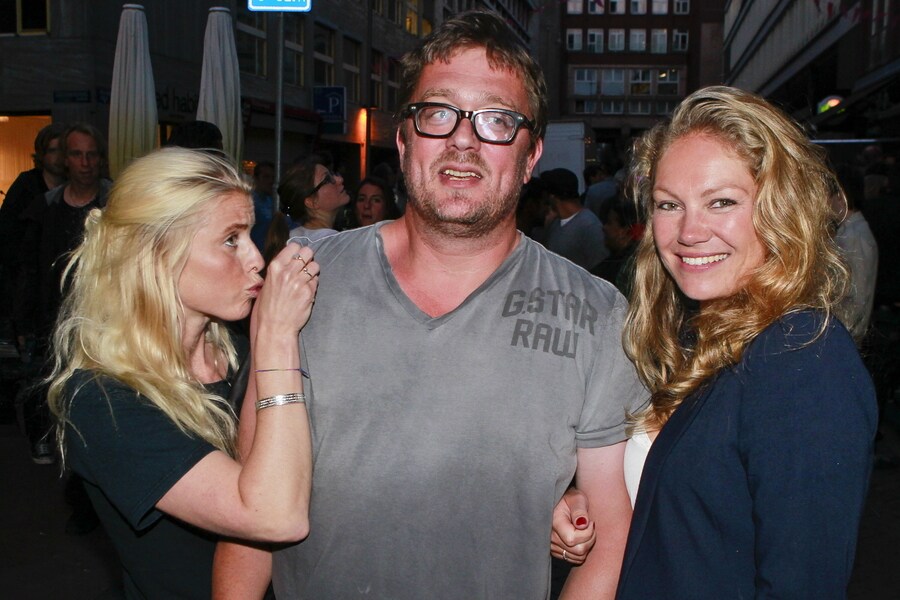
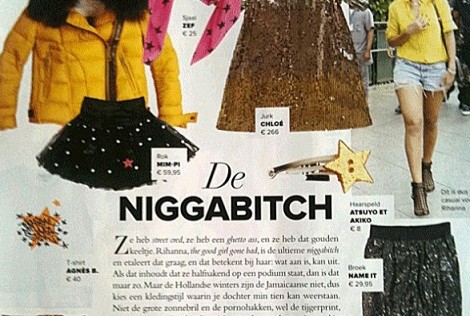
8. Gerda Havertong and the Zwarte Piet Debate
In 1987, Gerda Havertong, a Dutch actress and TV presenter, addressed the issue of Zwarte Piet on the children’s program Sesamstraat, explaining to Pino that Sinterklaas was not a joyful occasion for many Black people due to the offensive portrayal of Zwarte Piet.
- Following her remarks, Dutch television attempted to discredit Havertong by ridiculing her on-air, undermining her message and portraying her as someone who should not be taken seriously. This public attempt to strip her of dignity was a calculated move to preserve the normalization of blackface in Dutch traditions.
Her experience highlights how voices challenging systemic racism in the Netherlands are often dismissed or ridiculed to protect the status quo.
- Sources:

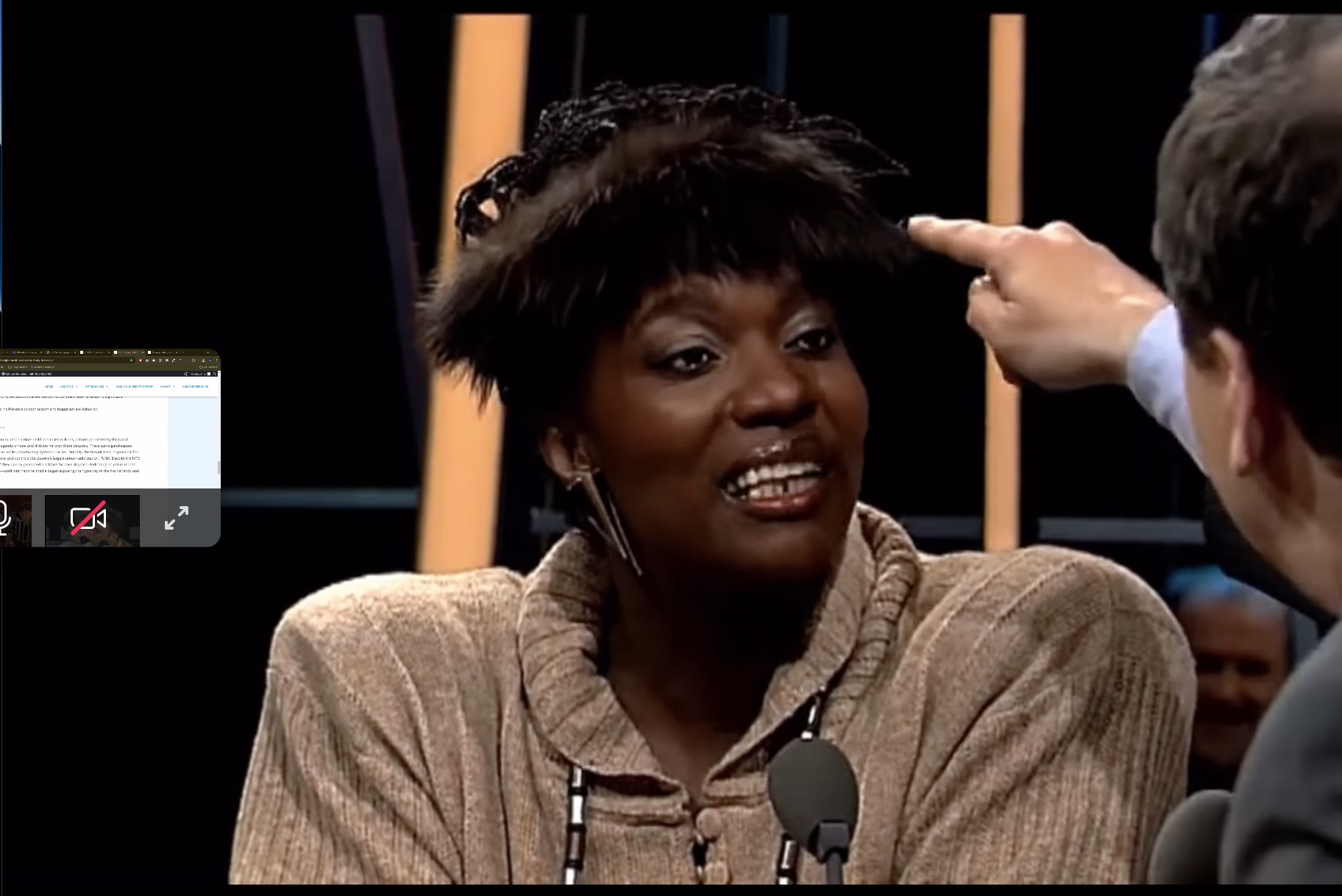
The Role of International Communities
The normalization of racism in Dutch and Belgian society cannot continue unchecked. International companies operating in the Netherlands must:
- Hire qualified Black professionals and people of color with a genuine connection to their communities and culture in leadership and commissioning roles.
- Challenge Racist Narratives by promoting diverse voices and rejecting harmful stereotypes.
- Advocate for Structural Change: Use their influence to demand stricter guidelines for media content and enforce consequences for local employees who abuse or misuse their power for personal gain and the perpetuation of systemic racism.
Leadership at the country’s main commercial broadcasters—RTL, SBS, and public broadcaster NPO—along with Radio 538, Radio 3, and others, must finally take responsibility for the content they have broadcasted and the gatekeepers and presenters they empowered to push a narrative of white Dutch supremacy disguised as free speech, further fueling division among the masses over the past three decades. Let us hope that the next three decades bring a much-needed changing of the guard, replacing the ideals that divided the country with those that unite and uplift all its people.
These actions and others have created an environment designed to ensure that Black people and people of color are looked down upon, often leading to their exclusion from positions they are more than qualified for. This systemic exclusion limits their opportunities to create generational wealth for themselves and their families. The issue extends far beyond what some dismiss as jokes—it represents a form of racial and systemic oppression that borders on cultural and economic erasure.
Conclusion
Eric Corton’s statement about systemic racism in the Netherlands shines a necessary spotlight on a painful truth affecting both Holland and Belgium. His courage must inspire action, not dismissal. The evidence is clear: For decades, a small group of racist gatekeepers—not representative of the majority in either country—have perpetuated systemic racism through control of the media, entertainment, and sports industries. These gatekeepers pass power from generation to generation, programming society from childhood to view hate and stereotypes as normal.
This powerful media machine creates the illusion of progress by tokenizing women and LGBTQIA+ communities and showcasing diversity on billboards and commercials, all while excluding Black people and people of color from meaningful roles of influence. Even though some Dutch individuals downplay these issues as “just jokes,” the reality is that it’s only a joke when both parties are laughing—and Black people and people of color in both countries and worldwide are definitely not. The normalization of racism and cultural appropriation for the advancement of local racist executives and gatekeepers must end.
Nobody is born racist; it is learned and taught intentionally in the Netherlands via a mass media machine disguised as harmless TV, news, entertainment, music, sports, and culture. Good white people, Black people, and people of color in the Netherlands and Belgium—and their children—have been the true victims of this system for over 40 years. They deserve a society built on respect, equity, and genuine inclusion. It is time for national and international communities to dismantle the systemic hate machine and build a future where diversity is not just an illusion but a lived reality for all.
Join DIMES in Building a Better Future
At D.I.M.E.S. (www.wearedimes.org), we are committed to advancing diversity, equity, and inclusion for all while empowering Black professionals and people of color to unite with companies in meaningful collaboration. Together, we can dismantle systemic racism and create industries that truly reflect the diversity of our societies.
Take the D.I.M.E.S. Inclusion Test to explore your own biases or participate in the D.I.M.E.S. Diversity Survey to evaluate how your company or organization supports inclusion and representation. Contribute to meaningful change and help build a better, more equitable future.
Let us create a world where all residents of the Netherlands, Belgium, Europe, and beyond can thrive—together. The time for action is now. Join DIMES and be part of the movement for real, lasting change.





